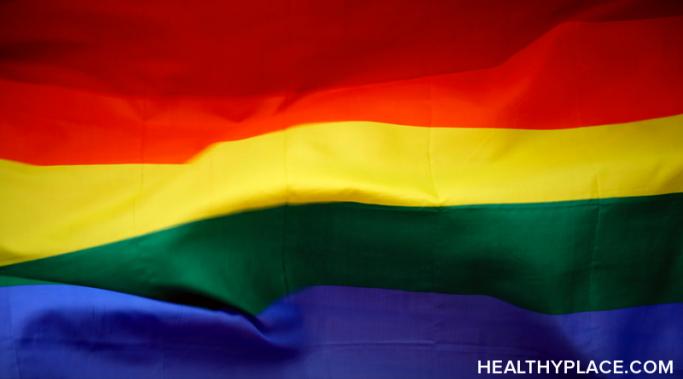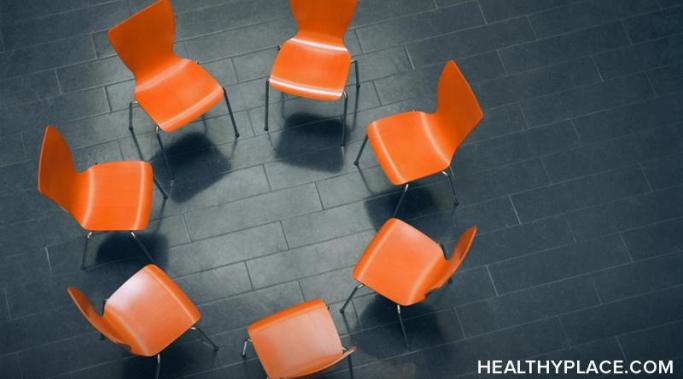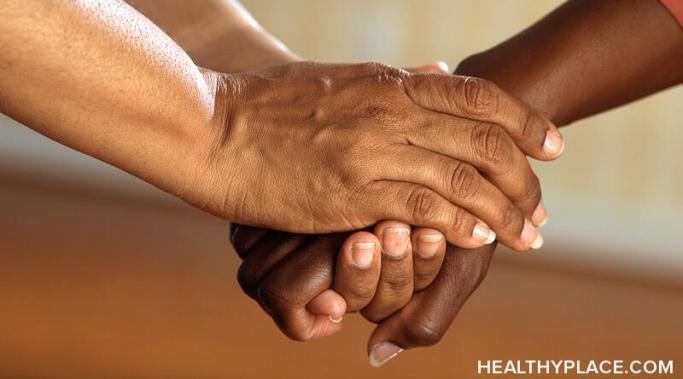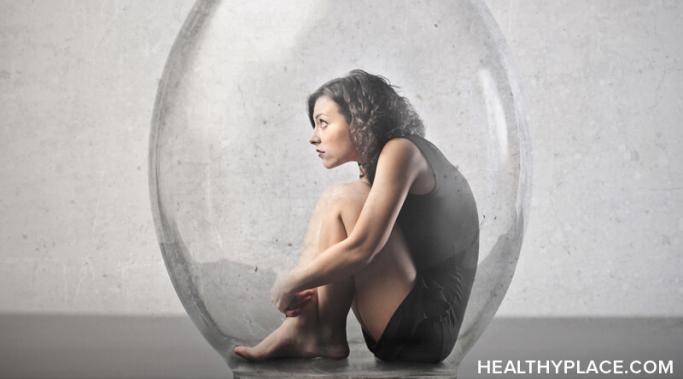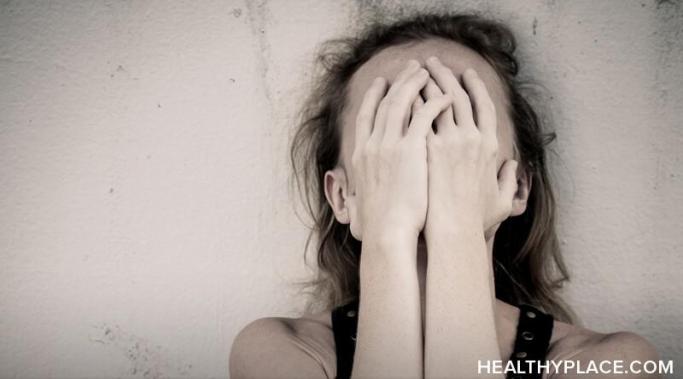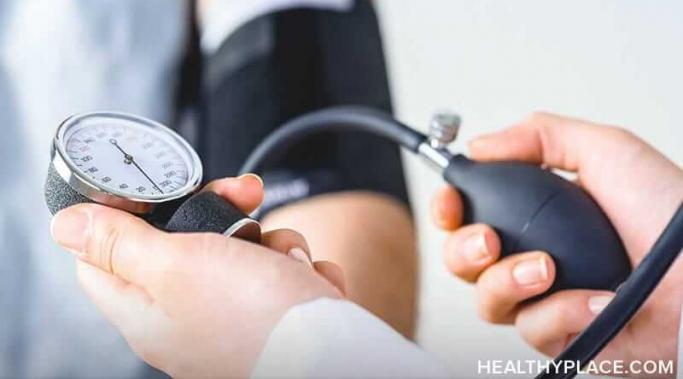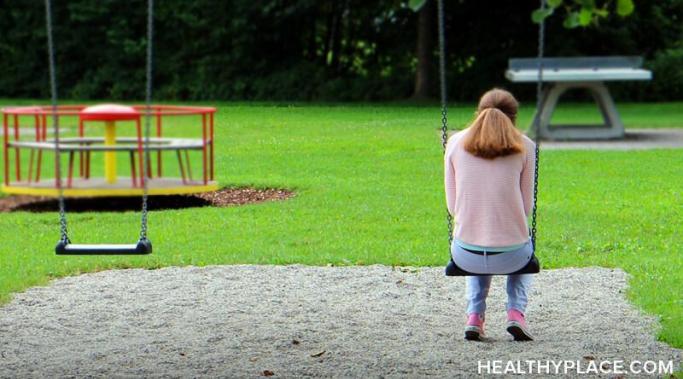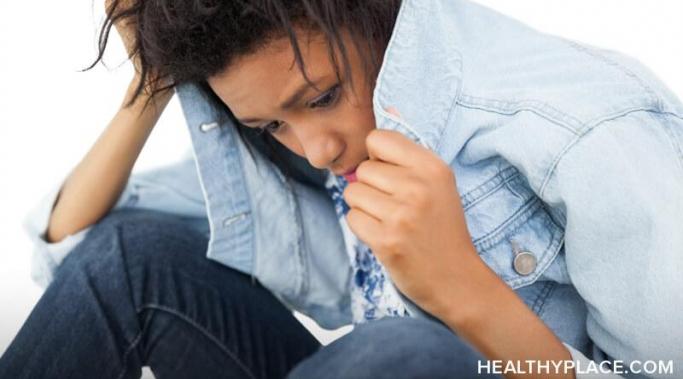Pride Month is an exuberant, meaningful occasion for queer folks and their allies, but in order for all members of this global community to feel embraced as their full selves, we must prioritize body inclusion in Pride Month celebrations. Otherwise, we risk further disenfranchising those who could benefit from these safe and joyful spaces the most. Let's talk about Pride Month and body inclusion.
Eating Disorder Stigma
It took me several years of personal growth and cultural awareness to realize there are systemic barriers to eating disorder treatment. My battle with anorexia was painful and tumultuous, but access to therapeutic interventions made the healing journey feel possible. While I am immensely grateful for this, I also cannot brush aside the conspicuous reality that certain prohibitive eating disorder treatment barriers still exist.
I know it can be hard to believe sometimes, but needing help with eating disorder (ED) recovery is not a sign of weakness. It's one of the bravest actions you can take. Internalized fears or anxieties might whisper in your ear that asking for help means you are a failure, a burden, or a lost cause. But I hope you can trust me on this: Those inner voices aren't telling you the truth. It's okay to need help with ED recovery.
In my own experience, healing is intensive, painful, and humbling work. No one I've met (including myself) has been able to successfully pursue it alone. So, if you could use an extra boost of care, support, advice, or encouragement, don't allow fear to intimidate you from reaching out. I promise needing help with ED recovery is not a sign of weakness.
Over the past week, I have been reflecting on the acute but nuanced complexity of living in a woman's body. (That is, anyone who identifies as a woman, including those in the lesbian, gay, bisexual, transgender, queer, plus [LGBTQ+] community.) This isn't a new revelation, of course. I've written about how sexism fuels eating disorder behaviors and my own experiences to corroborate that. But I often shove any potential threat of bodily harm, control, or objectification to the margins of my subconscious in order to function as a human. Most women I know default to this coping mechanism as well. However, thanks to a recent global controversy, I (and countless others) am once again forced to reckon with the complexity of living in a woman's body.
I tend to be much more transparent and vulnerable online than I am in daily face-to-face interactions. When someone I know in real life inquires about my fitness or nutrition habits (because, to the surprise of no one, this is a body-conscious culture), I notice my cheeks start to flush, and I choose the vaguest answer possible. That reaction strikes me as curious, though. Why am I still embarrassed about my eating disorder after all these years?
I talk about eating disorder recovery all the time. You might call them healing conversations. I unpack the layers and nuances of it with my therapist. I excitedly share these revelations with my partner once the session is over. I journal about what I'm learning in the process. Then I pass on those lessons to the younger women I mentor, who deal with similar experiences of their own.
I believe trauma is often a repercussion of eating disorder treatment. Of course, clinical interventions are helpful, beneficial, and even crucial parts of healing, but they can still be traumatic nonetheless. This might sound like an oxymoron, so let me explain the possible trauma of treatment.
Each year, as the calendar flips to November, I'm hit with a reminder of how complex the holiday season feels in eating disorder recovery. Of course, that's not unique to those with a history of eating disorders. This time of year can be overwhelming for anyone. In 2021, three out of five surveyed Americans felt their mental health worsen over the holidays, with 60 percent noticing a rise in anxiety and 52 percent noticing a rise in depression. Now couple all that with eating disorder stressors or behaviors, and this hectic season can become even more fraught. So with the 2022 festivities just around the corner, let's acknowledge it: The holidays are complex in eating disorder recovery—and that is alright.
Terminal uniqueness is a concept I first learned about in eating disorder residential treatment. At the time, my restless, irritable teenage brain had no interest in the phrase. But over the years since, I've come to realize that terminal uniqueness is a common barrier to eating disorder recovery. In fact, it's not a unique or rare phenomenon at all—ironically enough. So what does terminal uniqueness mean, and how can it affect recovery? Let's unpack this further.
Suicide prevalence in the eating disorder community is a serious concern. Eating disorders are some of the most lethal forms of mental illness—in the United States alone, one person dies every 52 minutes as a result of eating disorder complications. But this high mortality rate is not just a reflection of the various health risks that eating disorders cause. Suicide accounts for many of those deaths as well. In fact, the prevalence of suicide attempts is a tragically common trend among those who suffer from eating disorder behaviors. (Note: This post contains a trigger warning.)
